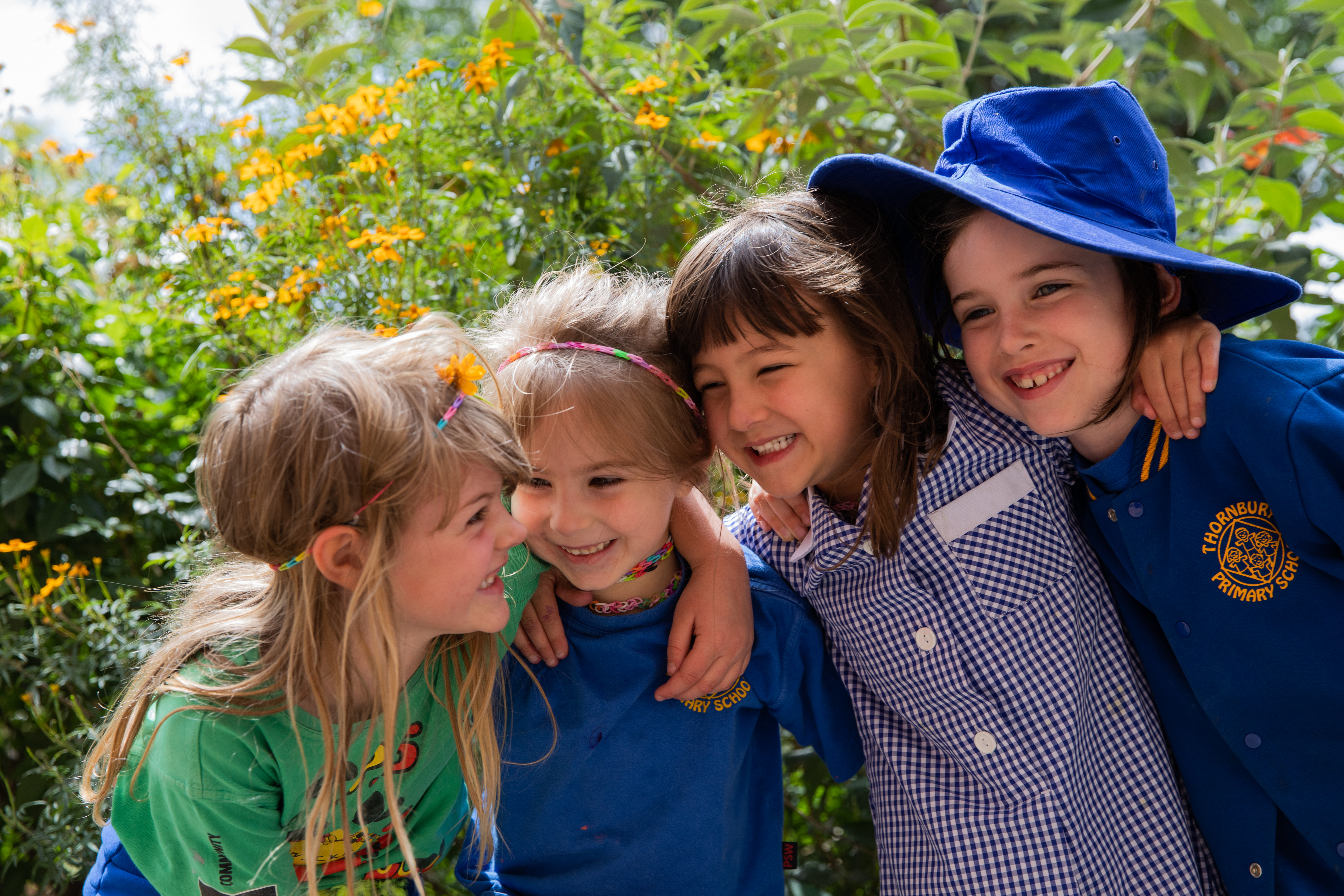On this page
Download this Fact Sheet:
Fact Sheet: Social development (3.1 MB, PDF)
What is social development?
Social development occurs throughout life and includes the many ways individuals recognise, interpret and respond to others. Healthy social development is a known protective factor for children and young people's mental health and wellbeing.
Daily contact and interactions with family, community, educators and friends helps teach children and young people about the social world and the rules, practices and values that support it. Social development is also influenced by wider networks including extended family, as well as participation in the community and culture around them.
Through their relationships and connections with others, children build a sense of who they are and where they “fit” in the social world. By actively participating in these relationships, children also affect the ways that adults and their peers relate to them.
Learn about how you can support social development in children and young people.
Social development in young children
From birth, children benefit from positive social interactions with people.
Babies spend almost every waking minute developing their first relationships with primary caregivers and other members of the family.
When these first relationships are based on secure attachment—where children feel safe, cared for and can rely on others—they learn that they can trust others to care for them, get their needs met and enjoy life with others. This is the start of a reciprocal relationship – also known as ‘serve and return’.
Friendships and relationships with other children become more important to children as they grow. Supporting social development in learning communities and the broader community helps children learn and enjoy getting along with others.
Social development as children and young people grow
To achieve healthy social development, it’s helpful if children and young people form social bonds with others who can model and encourage positive social values and behaviours.
To create these bonds, children and young people benefit from:
- opportunities for social interaction, initially with a supportive familiar adult nearby
- active participation and meaningful engagement with others including family members, community, educators and peers
- learning social skills through guidance and modelling in daily informal interactions and incidental opportunities.
- recognition and reinforcement when positive social interaction occurs
- learning social skills through planned teaching which might include participation in social skills programs and explicit teaching of these skills.
Opportunities, skill development and recognition need to be appropriately matched to children and young people’s age and stage, as well as individual characteristics, personality, culture and diverse ways of communicating and interacting.
Children’s understanding and behaviours are often closely tied with emotions, temperament and the values and attitudes of those around them. Through ongoing interactions with the important people in their lives (such as family, community, and educators), children can work on their social skills such as turn-taking, listening, cooperation and respect to help them build positive relationships including friendships.
Prior to the school years, families often have the greatest influence on social development. However, as children and young people grow older, they often become more influenced by peer group values and the behaviours of community role models such as sporting heroes, or media personalities.
Children and young people are more likely to cooperate with adult guidance when they feel valued and respected. By contrast, when they feel they’ve been treated unfairly, they’re less likely to listen and more likely to avoid or resist guidance.
When adults are fair, caring and respectful, children and young people feel a greater sense of trust and belonging.
Learning social values
A key part of social development is learning social values. For many children and young people, their ability to understand others and take their needs and views into account is developed over time.
Young children are naturally self-focused
They often play beside, rather than with, other children and tend to think that everyone sees things the same way that they do. In early primary school, children learn that others may see things differently from them. Then, as their thinking skills and brain develop, children and young people are more able to understand another person’s point of view and to appreciate multiple ways of looking at the same event or situation.
Teaching children how to put themselves in someone else’s shoes helps them to relate better to others and manage conflict more effectively. It promotes caring, respect and fairness. Research shows that children and young people who’ve learnt to value others are more likely to include and appreciate people who are different from them or who are viewed negatively by others.
Be You Resources
Learn about how you can support social development in children and young people.
Learn more about creating welcoming culturally responsive learning environments for First Nations peoples in Reflect, Respect, Respond: Protocols for culturally respectful engagement with First Nations communities.
Learn more about inclusive practices to support children and young people with developmental delay or disability.
Be You Professional Learning
Learn more about social and emotional learning (SEL) and teaching for resilience in the Learning Resilience domain.
Learn more about creating inclusive, positive and supportive environments in the Mentally Healthy Communities domain.
-
Bibliography
Collaborative for Academic, Social, and Emotional Learning (CASEL) (2018). Core SEL competencies. Chicago: CASEL. Retrieved from https://casel.org/core-competencies/.
Garvis, S., & Pendergast, D. (2014). Health and wellbeing in childhood. Melbourne: Cambridge University Press.
Haggerty, K.P., & McCowan, K.J. (2018) Using the social development strategy to unleash the power of prevention. Journal of the Society for Social Work and Research. 9(4), 741 - 763. https://doi.org/10.1086/700274.
Humphrey, N. (2013). Social and emotional learning: A critical appraisal. London, UK: SAGE Publications Limited.
Wilks, T., Gerber, R.J., & Erdie-Lalena, C. (2010). Developmental milestones: Cognitive development. Pediatrics in Review, 31(9), 364-367.
-
External links
